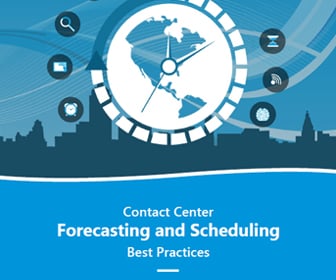Workforce Management Featured Article
Coaching Helps Organizations Grow Talent

Stephen Curry is one of the best basketball players of all time. But it wasn’t always clear he would be an NBA phenom.
The Golden State Warrior was always the smallest kid on his teams. That was up until his senior year of high school, when he finally surpassed one fellow teammate.
Today Curry is 6’ 3” tall. But in the NBA, where 6’7” is the average height, Curry is still on the small side.
(Teammate Kevin Durant measures 6’9”. Frequent competitor LeBron James tops out at 6’8”.)
Curry didn’t try out for the varsity team his freshman year of high school – which an interviewer suggested was one of the biggest regrets of his basketball career. The Dubs point guard says his size affected his ability to receive scholarship offers from some top universities.
But all that obviously hasn’t stopped Curry, a finesse player best known for his long-range, three-point shots, and his positive attitude and teammate support.
Curry led the Warriors to the NBA Finals four years in a row. He helped them win two championships. The NBA named him regular season MVP twice. In 2016 Curry was the league’s first unanimous MVP winner.
So what was the key to Curry’s success? Curry says he had a competitive family dynamic. He has a strong drive. Good coaching was also part of the mix.
Curry has a great relationship with Warriors coach Steve Kerr. The basketball great has also talked about the positive impact his college coach, Bob McKillop, had on him. McKillop “showed me the vision of what he could mold me into,” Curry said, adding “there was always a standard to meet. And he always let you know if you were not meeting it.”
Discussing Curry’s successful NBA career, McKillop noted the player’s team mentality, humility, and continued focus. “He wants more, and he will work for more,” the coach said.
The Warriors leader has noted how coaching provides discipline, and
offers an assessment of what you’re doing wrong and what you’re doing right. Good coaching, Curry added, also provides structure and the ability for an individual to compete with and challenge him or herself.
That’s true whether you’re talking about work on a basketball court or in a contact center. It’s why coaching is a key component of a successful contact center strategy. And Curry’s story shows that even people who may not measure up at first could become valuable players in the future.
Contact centers should base coaching on their strategic goals. And they use recordings and historical and real-time measurements as tools to see how the organization and individual players are contributing to those goals.
These metrics may also help coaches understand not just how team members are performing, but also what factors may be acting as barriers to better performance. For example, if an agent struggles to master skills presented during onboarding, the problem could be with the agent and/ or it could be an issue with the onboarding process or available tools.
Edited by Maurice Nagle







